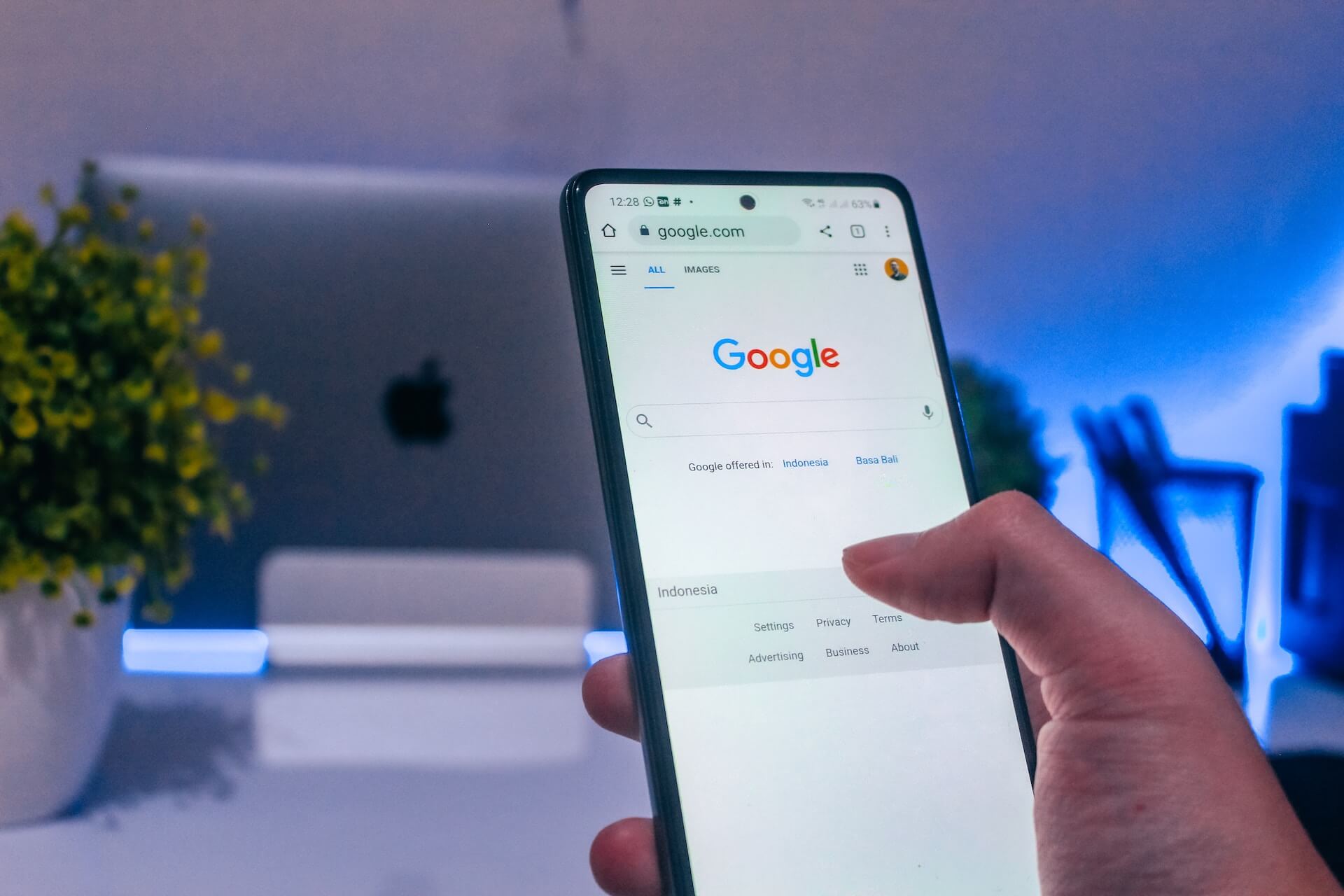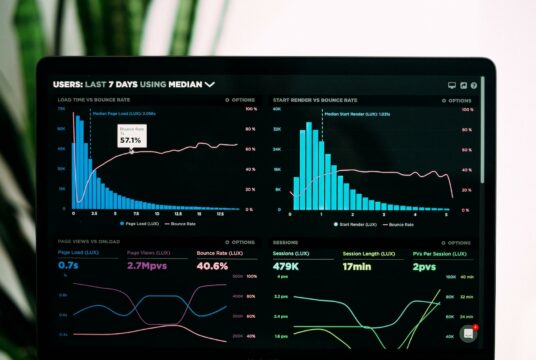In the expansive realm of online advertising, Google Search Ads emerge as a dynamic and influential tool for businesses seeking to elevate their visibility and connect with potential customers. This article will delve into the details of Google Search Ads, exploring not only how they work but also discovering their multiple benefits. Additionally, we’ll outline best practices for craft campaigns that captivate your audience and drive tangible results.
Understanding Google Search Ads
Google Search Ads, commonly known as Pay-Per-Click (PPC) ads, command attention by securing prominent positions at the top and bottom of Google’s search engine results pages (SERPs). Operating on a bidding system, advertisers compete for specific keywords relevant to their business. When users search for these keywords, the ads manifest, presenting a prime opportunity for businesses to engage actively with their target audience.
Key Benefits of Google Search Ads:
1. Immediate Visibility:
Google Search Ads provide instantaneous visibility for your business, ensuring that your products or services are prominently showcased when users actively search for related terms.
2. Cost-Effective:
Operating on a PPC model, advertisers only incur costs when users click on their ads. This model proves highly cost-effective, enabling businesses to channel their budget towards genuine, interested traffic.
3. Targeted Reach:
Precision is key. Advertisers can finely target their audience based on factors such as location, device, demographics, and search intent, guaranteeing that their ads reach the most relevant and receptive users.
4. Measurable Results:
Google Ads offers an extensive analytics suite, affording advertisers real-time insights into the performance of their campaigns. This data becomes instrumental in refining strategies for optimal results.
Best Practices for Google Search Ads:
1. Keyword Research:
Conduct comprehensive keyword research using tools like Google Keyword Planner to discover not only relevant but high-performing keywords for your business.
2. Compelling Ad Copy:
Craft ad copy that not only captivates but compels. Highlight unique selling propositions, exclusive offers, and promotions to make your ads irresistibly clickable.
3. Landing Page Optimization:
Ensure your landing pages seamlessly align with your ad content. A meticulously optimized landing page enhances user experience, translating into higher conversion rates.
4. Ad Extensions:
Leverage ad extensions strategically to provide additional information and invite users to delve deeper. Site links, callouts, and structured snippets serve as powerful tools to amplify the visibility and effectiveness of your ads.
5. Continuous Monitoring and Optimization:
Adopt a proactive stance by consistently monitoring the performance of your Google Search Ads. Make data-driven optimizations, adjusting bids, refining targeting, and updating ad creatives based on performance insights.
Let’s delve deeper into some additional details regarding the various aspects of Google Search Ads and how businesses can optimize their strategies for maximum impact.
Advanced Strategies for Google Search Ads:
1. Ad Schedule Adjustments:
Google Ads allows for ad scheduling, enabling advertisers to display their ads during specific days or times when their target audience is most active. This feature is particularly valuable for businesses with time-sensitive promotions or services.
2. Dynamic Search Ads (DSAs):
DSAs automatically generate headlines and landing pages based on the content of your website. This dynamic approach ensures that your ads remain relevant to a wide array of search queries, saving time on manual ad creation.
3. Remarketing Lists for Search Ads (RLSAs):
RLSAs allow advertisers to customize bids and ad content for users who have previously visited their website. This personalized targeting can significantly enhance the chances of converting users who are already familiar with your brand.
4. Bid Adjustments for Devices:
Analyze the performance of your ads on different devices (desktop, mobile, tablet) and adjust your bids accordingly. This granular approach ensures that your budget is optimized for the devices that drive the most valuable traffic.
5. Utilizing Negative Keywords:
Actively manage your negative keyword list to filter out irrelevant traffic. This ensures that your ads are shown to users genuinely interested in your offerings, reducing unnecessary clicks and conserving your budget.
A/B Testing for Ad Copy and Landing Pages:
1. Ad Copy Testing:
Implement A/B testing for ad copy variations to identify which messages resonate most with your audience. Test different headlines, descriptions, and calls-to-action to refine your messaging strategy.
2. Landing Page Testing:
Similarly, conduct A/B testing on your landing pages. Experiment with different layouts, content, and forms to understand what encourages users to take desired actions, whether it’s making a purchase, filling out a form, or subscribing.
Monitoring Key Performance Indicators (KPIs):
1.Click-Through Rate (CTR):
CTR is a vital metric that indicates the percentage of users who click on your ad after seeing it. A high CTR suggests that your ad is resonating well with your audience.
2.Conversion Rate:
Track the conversion rate to measure the percentage of users who complete a desired action, such as making a purchase or submitting a form. This metric provides insights into the effectiveness of your ad in driving valuable actions.
3.Quality Score:
Quality Score is a metric used by Google to assess the relevance and quality of your ads. It considers factors like ad relevance, landing page experience, and expected click-through rate. A higher Quality Score often results in better ad placement and lower costs.
Adapting to Google’s Constant Updates:
Google frequently updates its algorithms. Stay informed about these changes to adapt your strategies accordingly. Conclusion: Google Search Ads persist as a powerful force in the realm of online advertising, offering businesses a direct, targeted, and measurable approach to connect with their audience. Omnireach Digital is armed with an understanding of the fundamentals and a commitment to implementing best practices, and helps businesses unlock the full potential of Google Search Ads, boosting them towards increased traffic, enhanced conversions, and the achievement of their marketing objectives. Get your free consultation today!
























